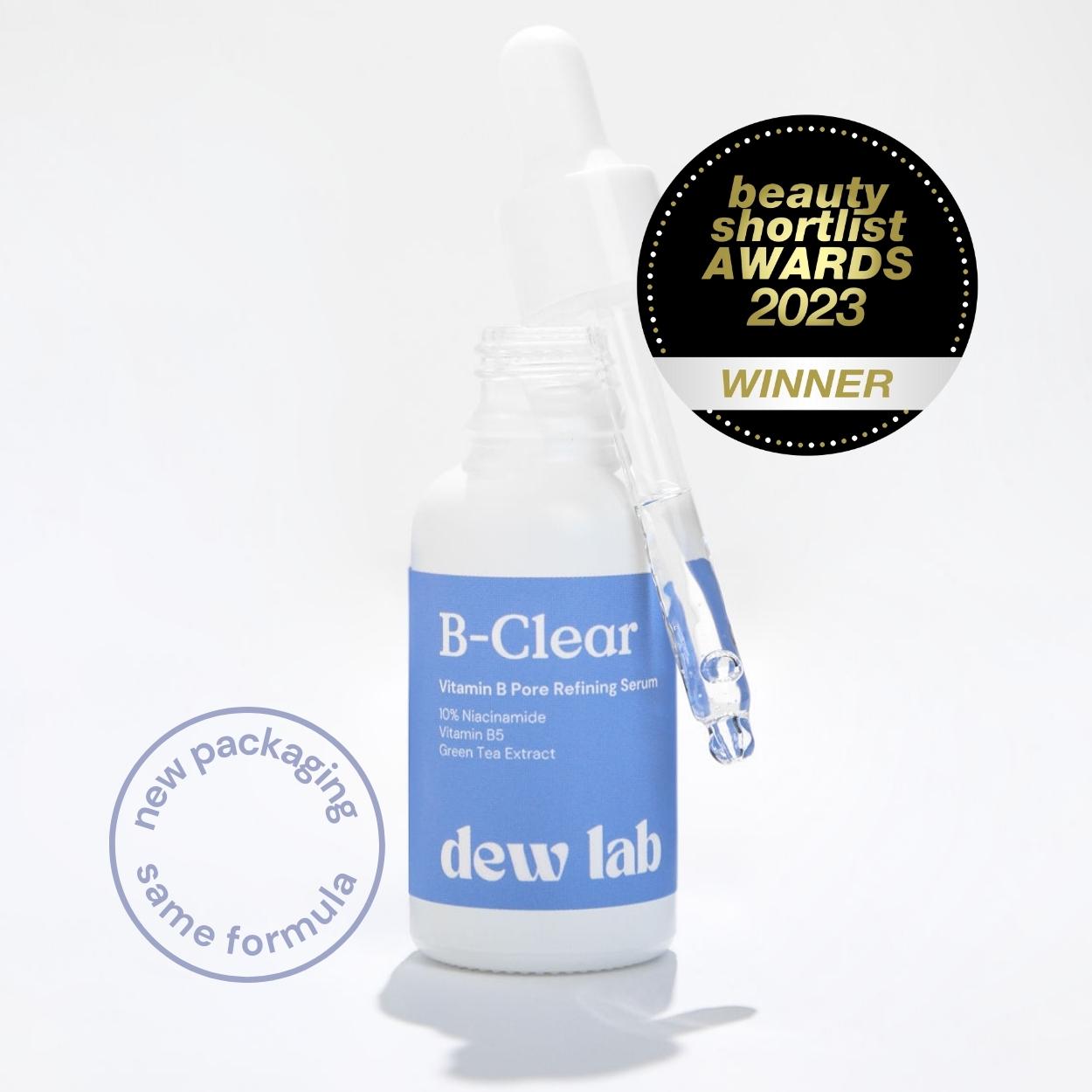Oily skin can be a challenging issue to manage, often leading to unwanted shine, enlarged pores, and an increased risk of acne. The American Association of Dermatology (AAD) is a reliable source of information when it comes to skincare. In this blog article, we'll explore their expert advice on how to effectively control oily skin and achieve a healthier, more balanced complexion.
Understanding Oily Skin
Before diving into the AAD's recommendations, it's essential to understand what causes oily skin. Oily skin is the result of overactive sebaceous (oil) glands that produce excess sebum. While sebum is necessary to keep the skin healthy, too much of it can lead to problems like acne and an overly shiny complexion. Genetics, hormonal changes, and environmental factors can all contribute to the development of oily skin.
Expert Tips for Controlling Oily Skin
-
Cleansing: Cleansing is a crucial step in any skincare routine, especially for those with oily skin. The AAD recommends washing your face twice a day with a gentle, foaming cleanser. Look for products that are specifically designed for oily or acne-prone skin. Avoid harsh or abrasive cleansers, as they can strip the skin of essential moisture and exacerbate oil production.
-
Choose the Right Moisturiser: Contrary to popular belief, even oily skin needs moisture. Select a lightweight, oil-free, and non-comedogenic moisturiser. These products will hydrate the skin without clogging pores or adding extra shine.
-
Use Sunscreen Daily: Protecting your skin from harmful UV rays is vital, even if you have oily skin. The AAD recommends using a broad-spectrum sunscreen with an SPF of 30 or higher every day. Many oil-free, matte-finish sunscreens are available, which can help reduce shine.
-
Salicylic Acid and Alpha Hydroxy Acids (AHAs): Incorporating products containing salicylic acid or AHAs can be beneficial for oily skin. These ingredients can help exfoliate the skin, unclog pores, and reduce oiliness. Consult with a dermatologist to find the right products and concentrations for your skin.
-
Blotting Papers: Keep blotting papers handy throughout the day to quickly absorb excess oil. These are a convenient way to reduce shine without disrupting your makeup.
-
Avoid Overwashing: Overwashing your face can trigger your skin to produce even more oil to compensate for the loss of natural oils. Stick to the recommended two times a day cleansing routine.
-
Use Oil-Free Makeup: If you wear makeup, opt for products labeled as "oil-free" or "non-comedogenic". These are less likely to clog pores and contribute to excess oiliness.
-
Diet and Lifestyle: While the AAD doesn't explicitly mention diet, maintaining a healthy lifestyle can have a positive impact on your skin. Drinking enough water and consuming a balanced diet rich in fruits and vegetables can contribute to overall skin health.
-
Consult a Dermatologist: If you find that your oily skin is persistent and challenging to manage, it's a good idea to consult a dermatologist. They can offer personalised recommendations, including prescription medications if necessary.
Oily skin can be a common and frustrating issue, but it is manageable with the right skincare routine. Remember to choose products that are suitable for your skin type and consult with a dermatologist if you have persistent concerns about oily skin.


